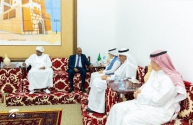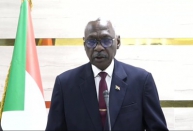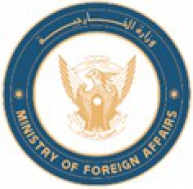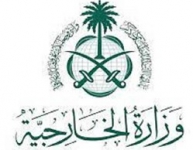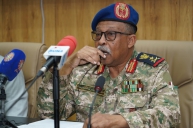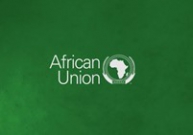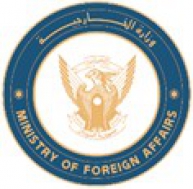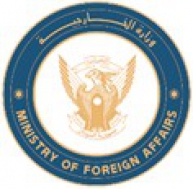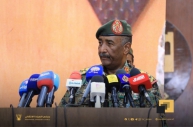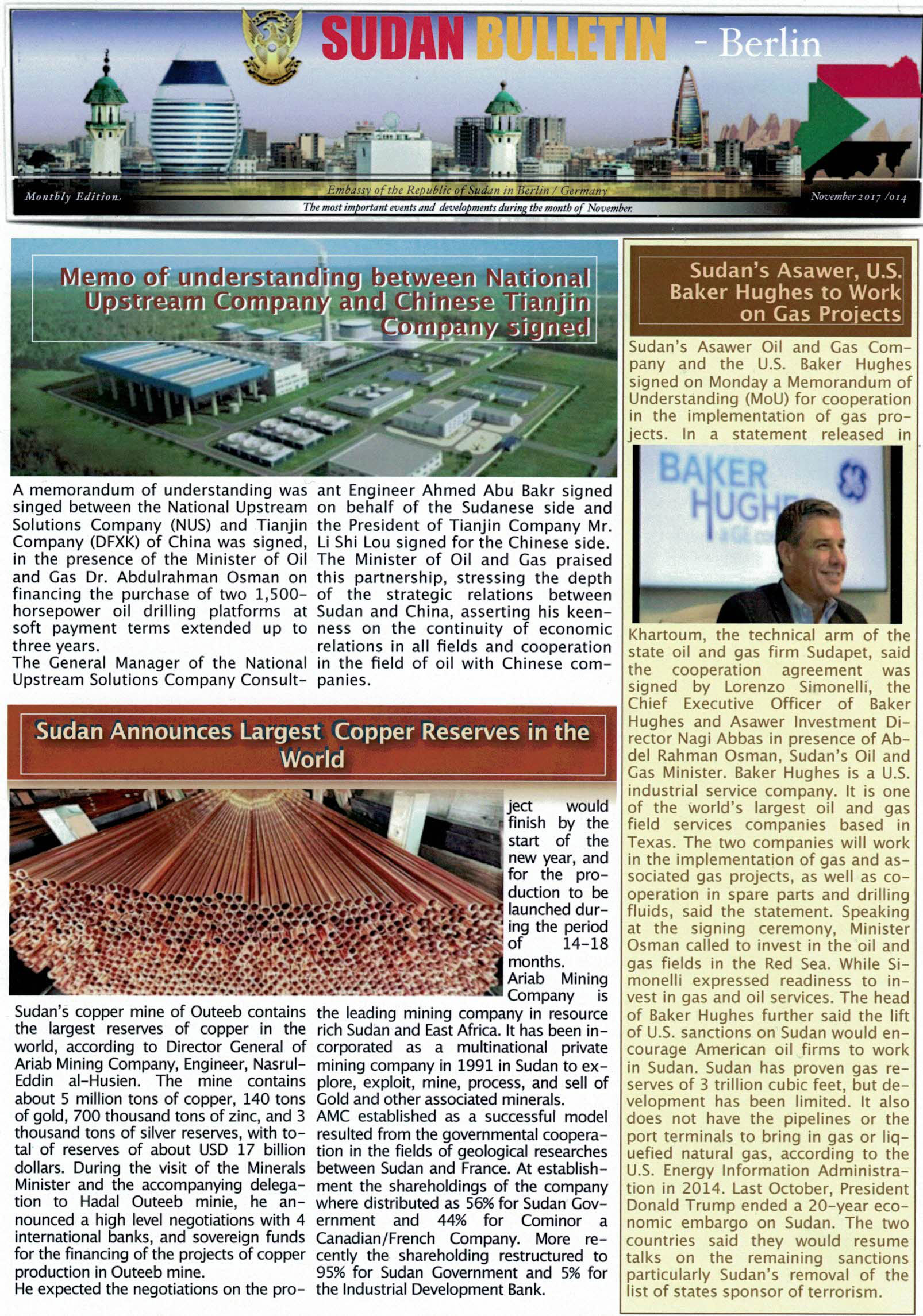Embassy of the Republic of the Sudan in Berlin
سفارة جمهورية السودان ببرلين

Sudan affirms its categorical rejection of politicizing food security issues and using famine allegations to implement hidden agenda
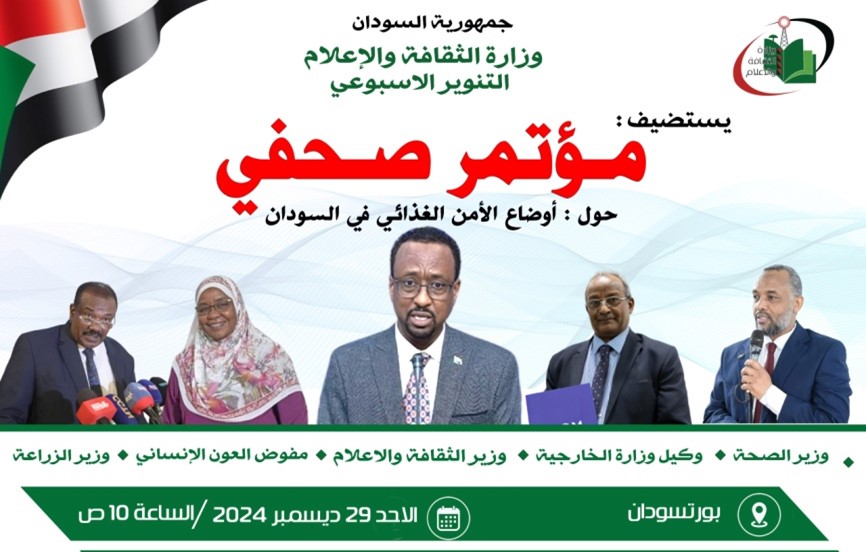
Sudan affirmed its categorical rejection of the Integrated Food Security Progress Report describing the situation in Sudan as a famine. It said that the results provided by the report are essentially speculative, based on assumptions such as the prolongation of the war, restrictions on humanitarian aid access, and economic instability.
The Government of Sudan underlined, in a statement by the Ministry of Foreign Affairs read by its Undersecretary Ambassador Hussein Al-Amin Al-Fadil during a joint press conference with the Ministers of Agriculture, Health and Information and the Commissioner for Humanitarian Aid on the food security situation in Sudan, its categorical rejection of politicizing food security issues and using famine allegations to implement hidden agenda towards the country, while affirming Sudan's firm commitment to dealing with international organizations that observe transparency and respect the country's sovereignty.
The statement said that the Government of Sudan confirms that it remains keen to alleviate the suffering of its people, enhance food security, and address the root causes of the humanitarian crisis, calling on the international community to condemn the violations committed by the rebel Rapid Support Forces (RSF) militia and its collaborators, which caused enormous suffering to the Sudanese people, and to hold their perpetrators accountable.
The Foreign Ministry statement confirmed that there are major developments that challenge the assumptions on which the report was based, namely the restoration of stability as many areas have stabilized, enabling citizens to return to their homes, farms and agricultural projects, and facilitating humanitarian aid as all land and air corridors allocated by the Government of Sudan for the passage of aid have remained open, with urgent procedures for entry visas and travel permits for international relief workers from the United Nations and non-governmental organizations, in addition to enhancing food security according to the expected positive results of the Crop and Food Security Assessment Mission in view of the enhancement of food reserves and the stability of market prices.
The statement reiterated the Government of Sudan’s assertion that the main cause of the humanitarian crisis, including the impact on food security, is the gross and systematic violations committed by the rebel RSF militia, which has caused the displacement of farmers, the deliberate destruction of agricultural infrastructure, the obstruction and diversion of humanitarian aid directed to the affected population, and the targeting of relief workers and logistical convoys, which has undermined relief efforts, in addition to imposing siege tactics, using starvation as a tool of war, looting food stocks, monopolizing essential resources, causing price inflation to unbearable levels, destroying vital infrastructure, including roads, markets, water and electricity networks, which further impedes food supply chains and escalates conflict in key agricultural areas such as Darfur and Kordofan, and halting farming and harvesting activities.
The statement refuted what was stated in the Integrated Food Security Phase Classification (1) report issued on December 20, 2004, which covers the period from October 2004 to May 2015, and indicates the emergence of a famine phase in five regions in Sudan, considering that the results reached by the report and the methodology followed suffer from several shortcomings identified by the statement in the report’s reliance on old information, as no new field data has been collected since 2022 due to the ongoing war, stressing that the report relies on old information, remote communications and secondary sources, which exposes its reliability to question.
The statement pointed to the geographical restrictions mentioned in the report regarding eleven states out of the fifteen states analyzed during the report that are affected by the war and cannot be reached by field teams, and seven of them are still under siege by the rebel militia, which prevents direct communication with the affected population. The report also did not adequately take into account the large-scale internal displacement caused by militia violations, which led to inability to track the population due to the difficulty of accessing those areas and standing in the field to assess the situation there, in addition to the absence of important data, as key famine indicators such as acute malnutrition and mortality rates are assessed through field surveys, which undermines the credibility of the report's findings.
The statement touched on procedural errors in the report, as it was finalized without the approval of the Sudanese national technical team, and was leaked prematurely to the media, raising concerns about transparency and procedural integrity.
The Latest Sudanese News & Press 5/12/2025




